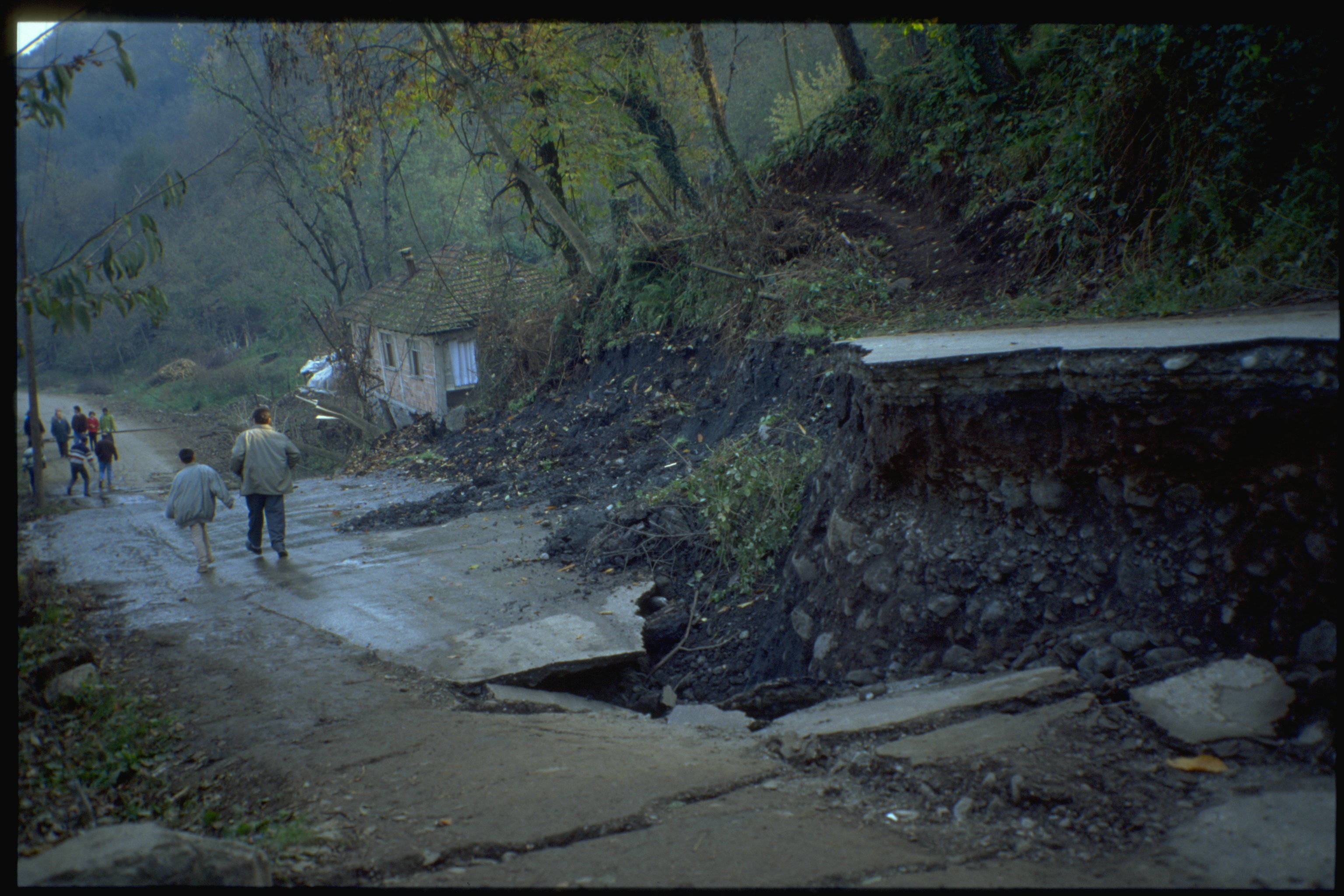All Categories
Featured
Table of Contents
Geophysicist Education in Crawley Aus 2023
This work is increasingly contracted out, so consultancies supply another source of employment. Consultancy firms vary in size, from really little business to big multinationals. Some consultancies are rather specialised in using specific geophysical strategies or working in specific places, while others use a more diverse variety of services to their customers.
The extraction of gas from land fill sites is another area of work and this might grow in the future. Exploration business might carry out work for construction firms, water business, mining business and ecological agencies, so geophysicists might be employed in any of these settings. Other employers include: geological surveysgovernment bodies and agenciesuniversities and research study institutes.


Vacancies might be listed in the oil and gas sector press. Recruitment is affected by oil cost changes and the level of competition for positions differs depending on this. Careers Days, which cover the full series of geoscience professions and are usually gone to by a number of key market employers, are run by The Geological Society.
Airborne Geophysical Methods in Gwelup Australia 2021
A few of the big oil and gas business provide a full two-year structured training program throughout the breadth of geophysics, including the chance to experience work in different groups before specialising in one location. Your training might include work on: existing wellsmagnetic and gravitational possible field data analysisresearchrock analysis. It's more typical for your preliminary training to be provided on the task.

There might be a probationary period during which you work together with a knowledgeable coworker. Competency-based appraisals occur routinely in the majority of companies. In smaller firms, and for academic posts, there is unlikely to be any formal training - you'll be expected to begin work straightaway and get skills as you go along.
If you work for a smaller sized business, you might find that you need to take responsibility for organizing and moneying your own advancement and training. If you have a geology degree, subscription of The Geological Society can be useful for networking and for keeping up to date with the industry.
Geologists And Geophysicists in White Gum Valley Australia 2022
You may likewise find it beneficial to sign up with the PESGB (The Petroleum Expedition Society of Great Britain, which has a geophysics special interest group. After a probationary period, and when you've acquired some experience, you might advance to senior geophysicist, then team leader and then into a senior role in management.
The ease of motion between roles depends on the business structure. Study at Masters or Ph, D level in a subject associated to geophysics or geosciences may assist with your profession advancement and progression. The work market within the oil and gas market is very depending on cost and this may impact your opportunities for career progression.
Nevertheless, not all jobs are reliant on the oil and gas industries. For skilled geophysicists, freelance consultancy provides an excellent path for career advancement. You can likewise specialise in a specific area of geophysics. As a geophysicist, you're most likely to have a number of tasks throughout your working life. Global mobility is essential for handling peaks and troughs in different nations at different times.
How To Become A Geophysicist in South Fremantle Aus 2020
From geophysics, it's possible to focus on seismology (finishing more training to end up being a seismic interpreter) or to move into associated locations such as engineering geology or risk forecast.
Deciding what to study in college is a hard option. Even if you know that your field of interest lies in science, what program of study is best for you? If you make the choice to significant in physical and life sciences and pursue a career as a geophysicist, you're preparing for an amazing and profitable profession.
But the primary step to achieving your goal of ending up being a geophysicist is making a degree. Even for entry-level positions in the field of geoscience, you'll require a bachelor's degree (a geophysicist college degree) from an accredited college or university. Some research study positions require prospects to hold master's degrees and even Ph.
Standard And Guidance For Archaeological Geophysical ... in Karrinyup Western Australia 2023
Doctoral degrees are especially essential if you plan to teach at a four-year organization. Geophysicists apply physics ideas and methods to study the gravitational, magnetic, and electric fields of the earth. This advances scientists' knowledge of both the world's interior core and its surface area. Geophysicists should have the ability to: examine rocks, photos, and other pieces of data perform research both in the field and in labs develop maps and charts of their findings compose reports To achieve all this, trainees require a specialized education for geophysicist professions.
As specified above, you'll require a bachelor's degree in geoscience or an associated discipline, such as a physical science or a life sciences, to land an entry-level job. Students can also prepare by majoring in subjects like: Biology Chemistry Computer system science Engineering Mathematics Physics The above geophysicist majors use a more generalized method to a single clinical discipline, however a lot of programs require students to take one or more geology course.
Table of Contents
Latest Posts
Geophysical Survey - Mining Fundamentals in Mahogany Creek Aus 2023
How To Become A Geophysicist in South Fremantle Oz 2022
Field Geophysicist - Parsons Careers – Engineered Systems in Ballajura Aus 2021
More
Latest Posts
Geophysical Survey - Mining Fundamentals in Mahogany Creek Aus 2023
How To Become A Geophysicist in South Fremantle Oz 2022
Field Geophysicist - Parsons Careers – Engineered Systems in Ballajura Aus 2021